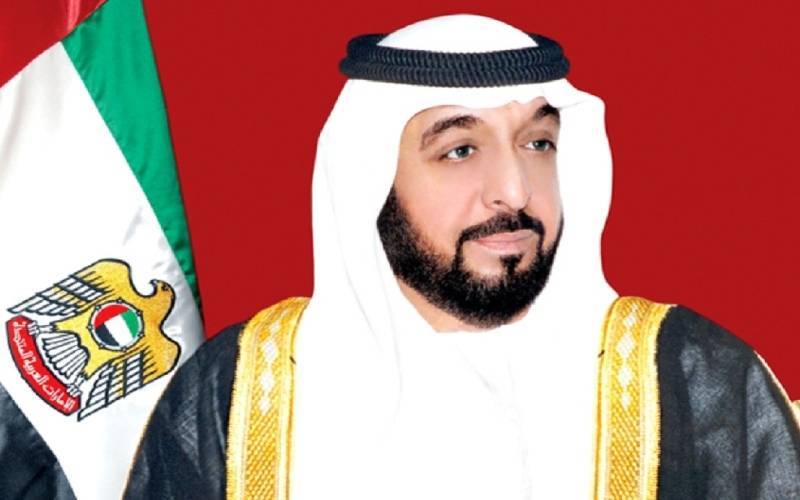His Highness Sheikh Khalifa bin Zayed Al Nahyan, President of the UAE, in his capacity as Ruler of Abu Dhabi, has issued a law regulating personal status matters for non-Muslims in the Emirate of Abu Dhabi. This law aims to provide a flexible and developed judicial mechanism to resolve personal status disputes concerning non-Muslims, enhancing the emirate's status and global competitiveness as one of the most attractive destinations for talent and skills.
The law also seeks to position the emirate as a leader in issuing the first civil law to organize family matters for non-Muslims in accordance with international best practices, ensuring that non-Muslims are subject to a law that is internationally recognized and culturally, traditionally, and linguistically aligned with them. Additionally, it aims to achieve and safeguard the best interests of the child, especially in cases of parental separation.
His Excellency Counselor Youssef Saeed Al Abri, Undersecretary of the Abu Dhabi Judicial Department, confirmed that the new law is the first of its kind globally as it addresses intricate details concerning the family life of non-Muslims. He emphasized the legislative leadership of Abu Dhabi and its global standing under the wise vision of His Highness Sheikh Khalifa bin Zayed Al Nahyan and the wise directives of His Highness Sheikh Mohammed bin Zayed Al Nahyan, Crown Prince of Abu Dhabi and Deputy Supreme Commander of the Armed Forces, to keep up with developments and advancements in all areas to enhance leadership across various fields.
He added that the Judicial Department, following the vision of His Highness Sheikh Mansour bin Zayed Al Nahyan, Deputy Prime Minister and Minister of Presidential Affairs, Head of the Abu Dhabi Judicial Department, has worked to provide innovative solutions for personal status issues faced by non-Muslims in courts after studying and analyzing these issues to find developed legislative solutions that provide a modern judicial umbrella for foreign residents in Abu Dhabi to resolve family disputes flexibly in line with global best practices.
The law, which is the first of its kind worldwide, applies civil principles in organizing family issues. It indicates the establishment of the first specialized court to consider family cases for non-Muslims, with all of its procedures being bilingual in Arabic and English, facilitating foreigners' understanding of court procedures and enhancing judicial transparency.
Specifically, the law consists of 20 articles divided into several main topics, including civil marriage, divorce, joint custody of children, and inheritance. The first chapter of the law regulates the procedures for the marriage of foreigners before the court by introducing the concept of civic marriage based on the will of both spouses.
The second chapter outlines the divorce procedures and the rights of both spouses after signing the divorce, including the judge's discretionary authority in calculating financial rights for the wife based on several criteria, such as the number of years of marriage, the wife's age, the economic conditions of both spouses, and other matters considered by the judge when assessing the wife's financial rights.
The third chapter introduces a new concept for child custody after divorce, allowing both the father and mother to share custody equally, known in Western law as joint custody, preserving family cohesion post-divorce and the psychological well-being of children.
The fourth chapter addresses inheritance and the registration of wills, granting foreigners the right to leave a will for all they own to anyone they choose, while the fifth chapter organizes the proof of lineage for non-Muslims, stipulating the establishment of lineage for a child through marriage or acknowledgment.




